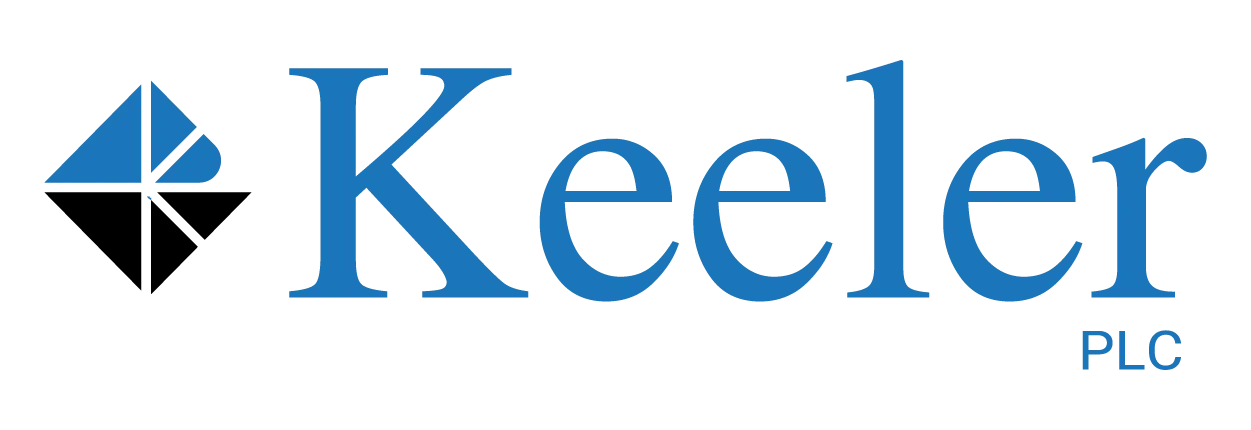Insights
How Will the Attorney “Supply Chain” Problem Impact Business Transactions?1
By Steven Keeler
As the M&A, private equity and VC deal markets continued strong in 2021, the demand for business transaction attorneys increased by 4%. At the same time, the “Great Resignation” encouraged by the pandemic saw lawyers leaving law practice or switching firms for better life balance or higher pay. In 2021, the number of associate attorneys switching firms increased by 51% and law school applications fell by 5%.2 What’s more, older, more experienced deal lawyers are choosing to retire earlier. Virginia Business magazine recently published an article entitled “The Big Crunch: Uptick in Demand Stretches Law Firms”.3 “Kill the lawyers” and other lawyer jokes aside, what do these trends mean for business owners facing significant capital raising or exit transactions? Assessing your current firm’s capabilities and cost, or considering hiring a whole new law firm, is already difficult enough. But organizing the right team to navigate the deal is critical.
Law firm business teams had record years in the past two or three years. That said, the ”talent crunch” being felt by law firms will likely cause them and their clients to change the way they staff and charge for transaction legal services. On the one hand, legal fees will likely continue to increase, especially as the supply-demand gap works itself out. On the other hand, businesses should have candid discussions with their law firms about their ability to provide timely and value-add legal services in light of the talent shortage and impact on legal services.
Here is my top 5 list of questions business clients should ask when considering their current law firm and/or shopping new firms for a significant, time-sensitive transaction:
- Expect Attention and Responsiveness; Relationship “Chemistry”. A company sale or capital raise is likely the most important transaction that a company will ever face. How will the deal lead attorney ensure timely attention to the client’s transaction, coordination of other firm attorneys, specialists, and advisors, and real-time support? Business clients should get comfortable with the firm’s workload and ability to keep the same team of lawyers focused on the deal from start to finish. With associates being pulled between many deals, both service level and cost-effectiveness may be at stake. On a softer but perhaps more important note, company management should genuinely like and be comfortable with the lead attorney, as they will spend a lot of time together and discuss many sensitive legal, business and personal issues over a course of months. Bedside manner and a “team player” mentality are key in any good attorney-client relationship.
- Understand and Manage Partner-Associate “Leverage”. What is the firm’s approach to the allocation of senior, more experienced, and specialist (e.g., IP, tax, HR) lawyer time, versus “leveraging” the hours of junior, less experienced, associates, to a deal? Will inefficiencies occur due to heavy workloads and the need to switch lawyer team members in the middle of the transaction? In my experience, up to ½ of the legal fees for a merger, acquisition or capital raising transaction are often generated by associates doing due diligence and more clerical tasks. While associate time is charged at lower hourly rates, business clients should be wary of having too much work “pushed down” to less experienced attorneys.
- Reconsider the “One-Stop Shop” While Valuing Your Current Firm. Many businesses use multiple law firms for different services (e.g., general corporate, IP, HR, tax). While engaging multiple law firms may seem less efficient, clients should seriously consider engaging co-counsel on significant transactions and insist that the multiple firms work seamlessly together as one team. Co-counsel working with the company’s regular firm can often fill the experience, specialization, and talent gaps while providing continuity (i.e., the incumbent firm has valuable client history and knowledge, and may just need a deal “gatekeeper”). Sticking with your current firm to provide general transaction support provides continuity (as they know your business better than a new firm), their “start-up costs” will be lower and they can reduce the fees of a new transaction firm or lead attorney. All to say, consider supplementing your current firm with outside deal lead counsel. This will also force each firm to demonstrate that it is willing to play well with others in the sand box. Independent advice from several firms can also add value and enhance efficiency.
- Ask for an Alternative Fee Arrangement. So-called “AFAs” are now common. They often include some element of fixed fees for certain phases of a transaction, discounted or blended hourly rates, and “cost-sharing”-purposed total fee discounts (including “busted deal” discounts which kick in if the deal does not close) and premiums to encourage efficiency and above-average results. Most law firms providing business transaction services are prepared to discuss an AFA, so business clients should be prepared to ask for them and have them tailored to the client’s and the transaction’s unique circumstances, goals and objectives.
- Manage the (Your) Transaction Process. A business deal is a dynamic and at times risky process, not just a stack of legal documents and memos (including those the client did not request). Most company sale or capital raising transactions will require the work of a multi-disciplinary team, including the client’s in-house management team (its “bandwidth” and capabilities are an important factor in the deal experience and cost), investment bankers, accountants and, of course, lawyers. As early in the process as possible, a transaction process and tasks schedule should be prepared to ensure that the left hand knows what the right hand is doing. The schedule should clarify the different roles of all team members and the tasks to be completed by each of them as of specified dates. Communication protocols are critical, so the process schedule should clarify who should be speaking with whom about what and, of course, the entire team should adhere to “need to know” channels and confidentiality. Most important, the process should be the client’s, not entirely the law firm’s, to ensure the client’s service experience is optimal and its goals and objectives are realized.
___________
1 Steve Keeler, Keeler PLC, skeeler@keelercounsel.com.
2 Report: Thompson Reuters Institute and Georgetown University Law Center.
3 Virginia Business (Kate Andrews, February 27, 2022); https://www.virginiabusiness.com/byline/kate-andrews.
Read More

